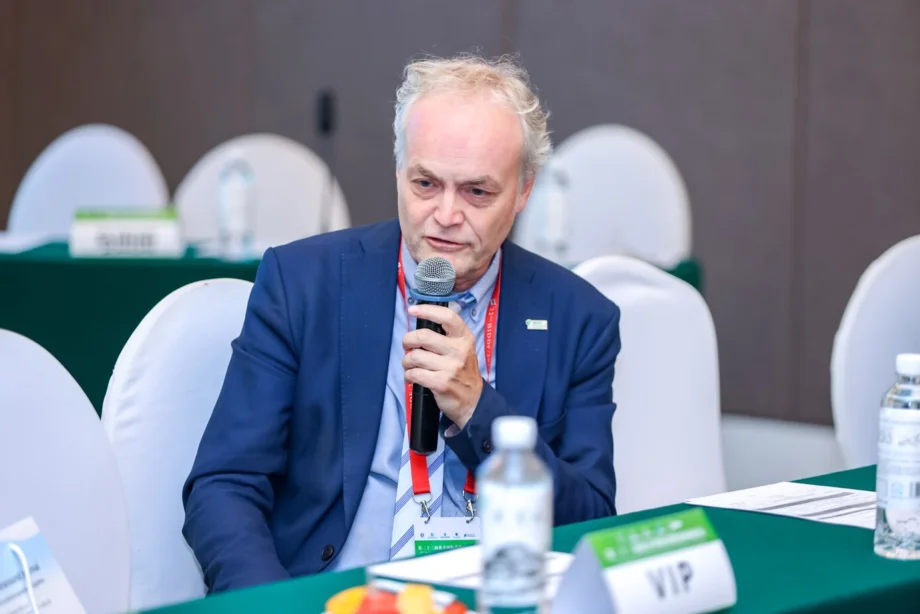Deepening consensus for cooperation, empowering medical exchange — the China–Africa Digestive Health Forum concludes successfully
On June 14, 2025, the China–Africa Digestive Health Exchange Forum successfully took place at Beijing Jiuhua International Convention and Exhibition Center. As a key component of the 22nd Beijing International Digestive Disease Forum (BIDDF 2025), the Forum convened clinical experts and academic representatives from around the world. It focused on clinical practice and technical training in the field of digestive diseases in the context of Sino-African cooperation, aiming to establish a multilateral exchange platform, promote international collaboration, and jointly advance the development of digestive medicine and cultivation of expertise in Africa.
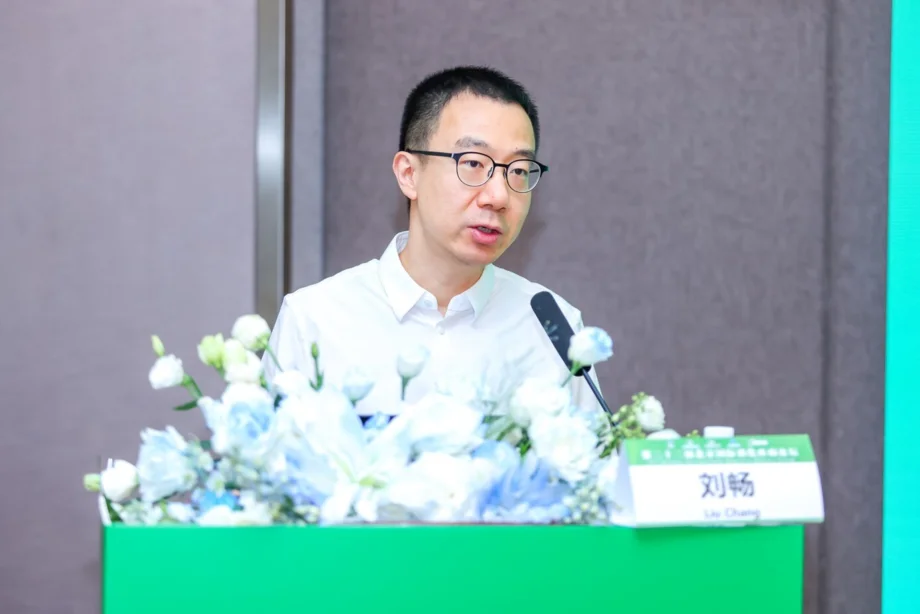
The Forum commenced with an opening address by Mr. Liu Chang, Director of the International Cooperation Department of the Beijing Municipal Health Commission. He emphasized Beijing's high regard for cooperation with African nations in the fields of public health and medical technology, expressing hope that this forum would further strengthen synergistic innovation and practical exploration between both sides in the prevention and treatment of digestive diseases.
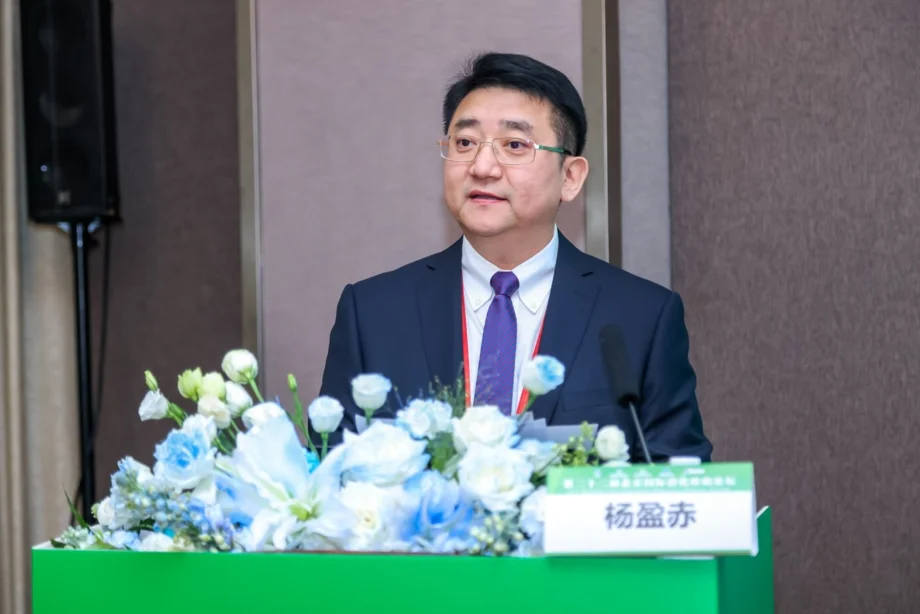
This was followed by a speech from Professor Yang Yingchi, Vice President of Beijing Friendship Hospital, Capital Medical University. He highlighted the Hospital's clinical and research achievements regarding digestive system diseases, and expressed the Friendship Hospital's willingness to deepen communication with their African counterparts to jointly promote the establishment of standardized, systematic physician training systems.
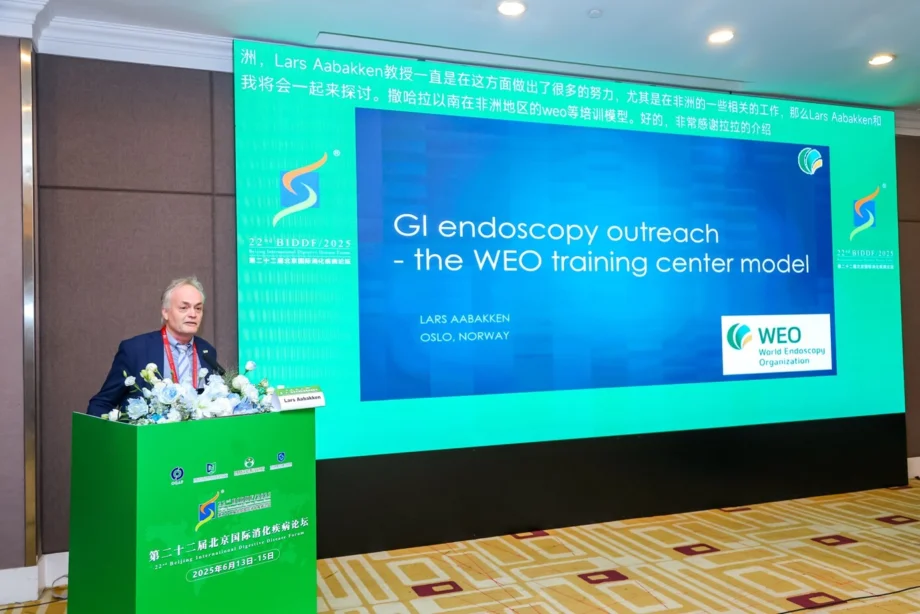
In the keynote lecture session, Professor Lars Aabakken, WEO President took the stage first. A leading authority in global digestive endoscopy,and dedicated to promoting the dissemination and standardization of endoscopic techniques worldwide, Professor Aabakken gave a presentation on "Endoscopy Training in Sub-Saharan Africa: The WEO Model." He reported on the practical experience of the World Endoscopy Organization (WEO) in promoting endoscopy teaching and capability building in Africa. Using real-world examples from multiple countries, he demonstrated how international collaboration, modular teaching, and remote guidance can effectively enhance the endoscopic skills of primary care physicians and gradually build a sustainable regional training system. He called for strengthened global medical cooperation to support African countries in establishing systematic, localized endoscopy teaching networks for long-term, high quality healthcare development.
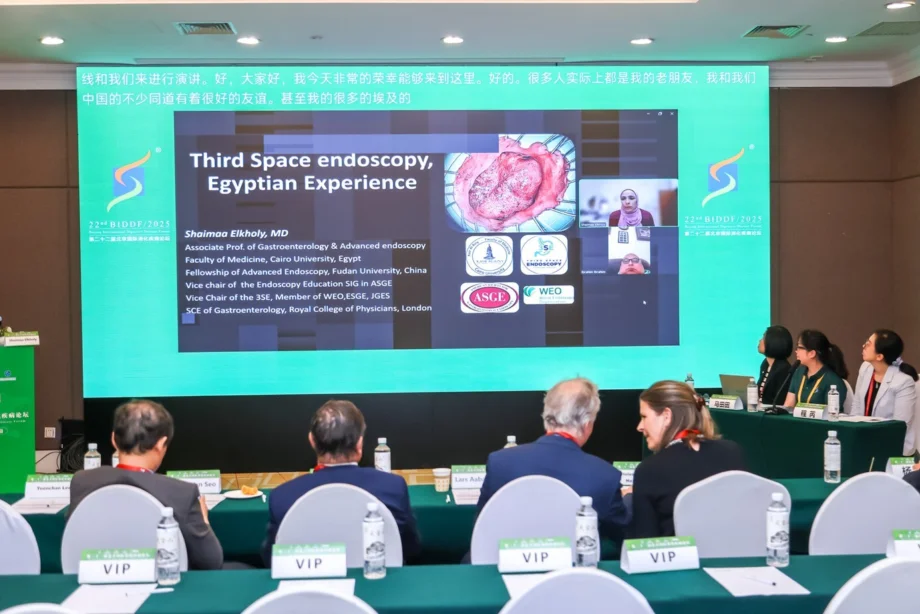
Professor Shaimaa Elkholy from Egypt then delivered the second keynote lecture titled "Third Space Endoscopy in Egypt." A renowned Egyptian gastroenterologist and endoscopist, Professor Elkholy is actively involved in the clinical application of and training for third space endoscopy techniques, and is committed to advancing endoscopic technology in North Africa. In her presentation, she shared Egypt's latest progress in third space endoscopy, including clinical experience and implementation pathways for advanced techniques such as POEM (peroral endoscopic myotomy) and STER (submucosal tunneling endoscopic resection). She particularly highlighted how, within resource-limited settings, transnational training, remote mentorship, and local talent development have enabled the successful adoption of these high level endoscopic procedures in Egypt. Professor Elkholy's report showcased the achievements of a developing nation in complex endoscopic therapy, offering valuable insights for other African countries.
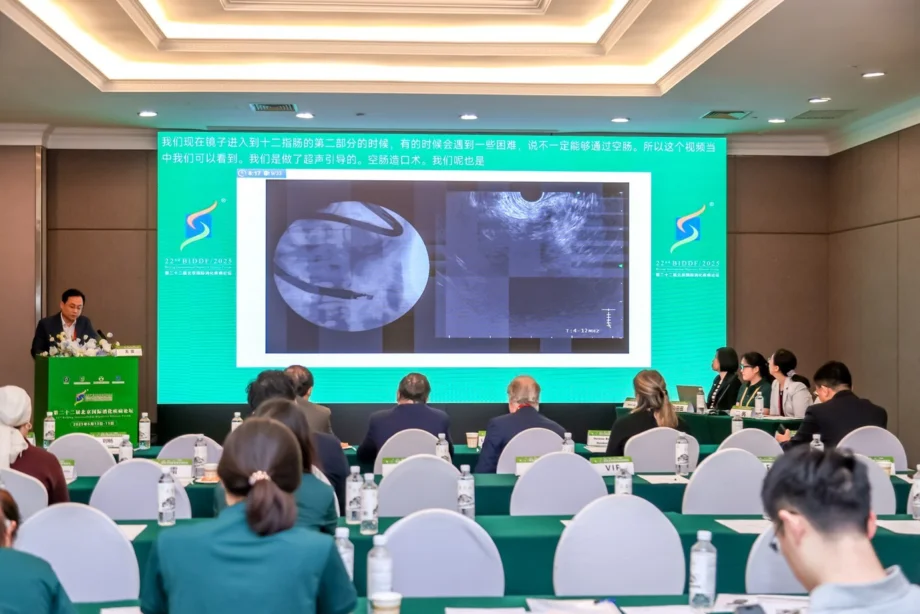
The third keynote lecture, "EUS-GE (Endoscopic Ultrasound-Guided Gastroenterostomy): Breaking the Boundaries of Gastric Outlet Obstruction Management," was presented by Professor Wang Lei from Nanjing Drum Tower Hospital. As a leading Chinese expert in interventional EUS, Professor Wang focuses on the innovative application of EUS in gastrointestinal and pancreatobiliary diseases. In his lecture, he systematically outlined the indications, procedural steps, and latest clinical data for EUS-GE, emphasizing its efficacy, particularly in managing gastric outlet obstruction and complex cases of obstruction. Using surgical videos and research findings, he demonstrated how this technique extends the therapeutic reach of endoscopy and provides new options for minimally invasive palliative care. Professor Wang's presentation not only highlighted China's leading achievements in advanced minimally invasive endoscopic techniques but also laid a solid foundation for future China–Africa cooperation and exchange in interventional endoscopy.
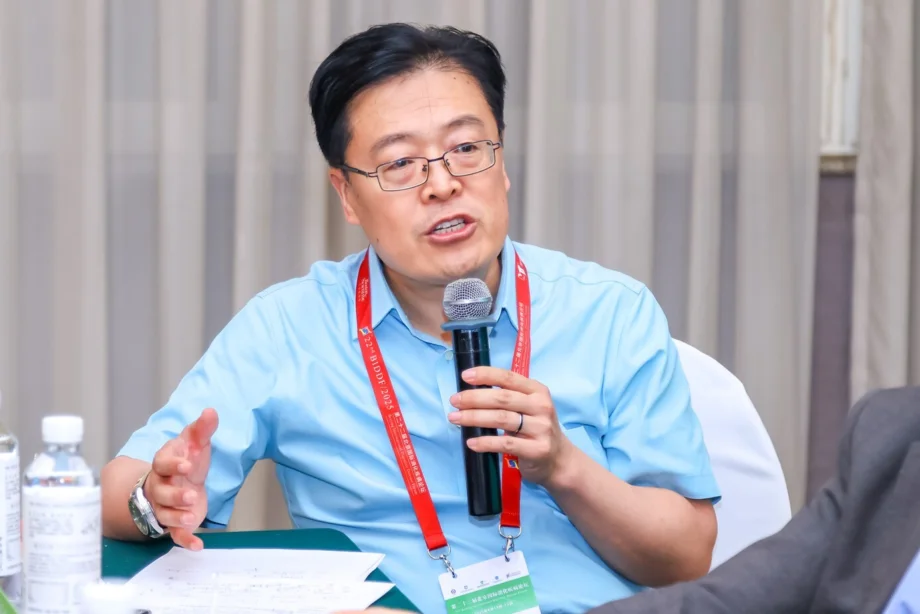
The subsequent discussion session was moderated by Professor Li Peng, Vice President of Beijing Friendship Hospital, Capital Medical University. He noted that the Forum represented not only an opportunity for academic exchange but also an excellent platform for China and Africa to deepen collaboration and jointly plan for development. He proposed that experts engage in in-depth discussions on building a digestive endoscopy talent training system for Africa and explore feasible pathways for establishing a future foundation. Professor Li emphasized that the core of such cooperation lies in sustainability, systematization, and localization, encouraging open dialogue to build consensus and take solid steps forward in advancing Sino-African cooperation in digestive health.

In the final component of the Forum, the China–Africa discussion session centered on jointly building a comprehensive talent training system for Africa and envisioning the establishment of a future foundation. Experts engaged in comprehensive exchanges on enhancing the professional capabilities of digestive disease physicians in Africa, proposing several constructive ideas for collaboration.
Professor Lars Aabakken delivered the closing remarks. He highly commended the exchange platform established by the China–Africa Forum, recognizing it as a significant opportunity to promote multilateral medical cooperation. He noted the vast potential for development of training in endoscopic diagnosis and treatment across Africa and advocated for supporting Sino–African collaboration in education, technology, and project implementation. Amidst warm applause, the inaugural China–Africa Digestive Health Exchange Forum concluded successfully, marking a substantial step forward in Sino-African medical cooperation. Future efforts will continue to deepen the partnership through concrete actions, contributing to the overall improvement of digestive disease prevention and treatment capabilities in Africa.
